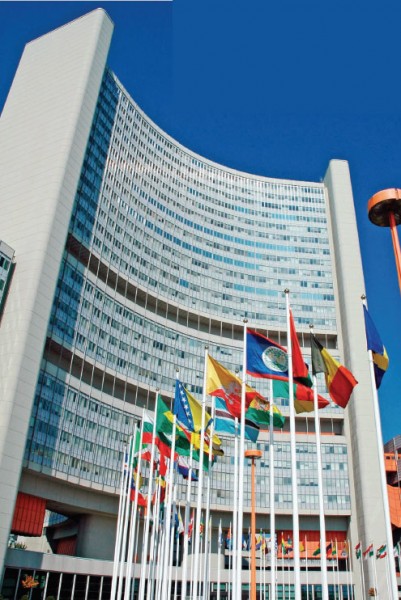Sponsored Content
ICARST 2022: Applying Radiation Science and Technology in Everyday Life
The International Conference on Radiation Science and Technology (ICARST) organized by the IAEA will be held this week in Vienna. Determining the presence of microplastics in environmental samples, removing pesticides from agricultural soil and studying how to grow tomatoes in outer space are all possible thanks to radiation techniques and will be discussed.
 The ICARST conference will be held at the IAEA headquarters in Vienna, Austria, from 22 to 26 August. / Picture: © IAEA International Atomic Energy Agency
The ICARST conference will be held at the IAEA headquarters in Vienna, Austria, from 22 to 26 August. / Picture: © IAEA International Atomic Energy Agency
Radiation science and technology are used in everyday life. By detecting and even eliminating pollutants from water, air, and soil, radiation applications can help protect the environment. By developing new crop varieties and destroying dangerous pathogens in food, they can also help increase food security. In addition, radiation can sterilize medical equipment, enhance the strength of…
or Log In
Fast News Search





